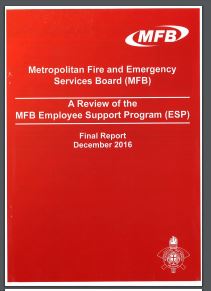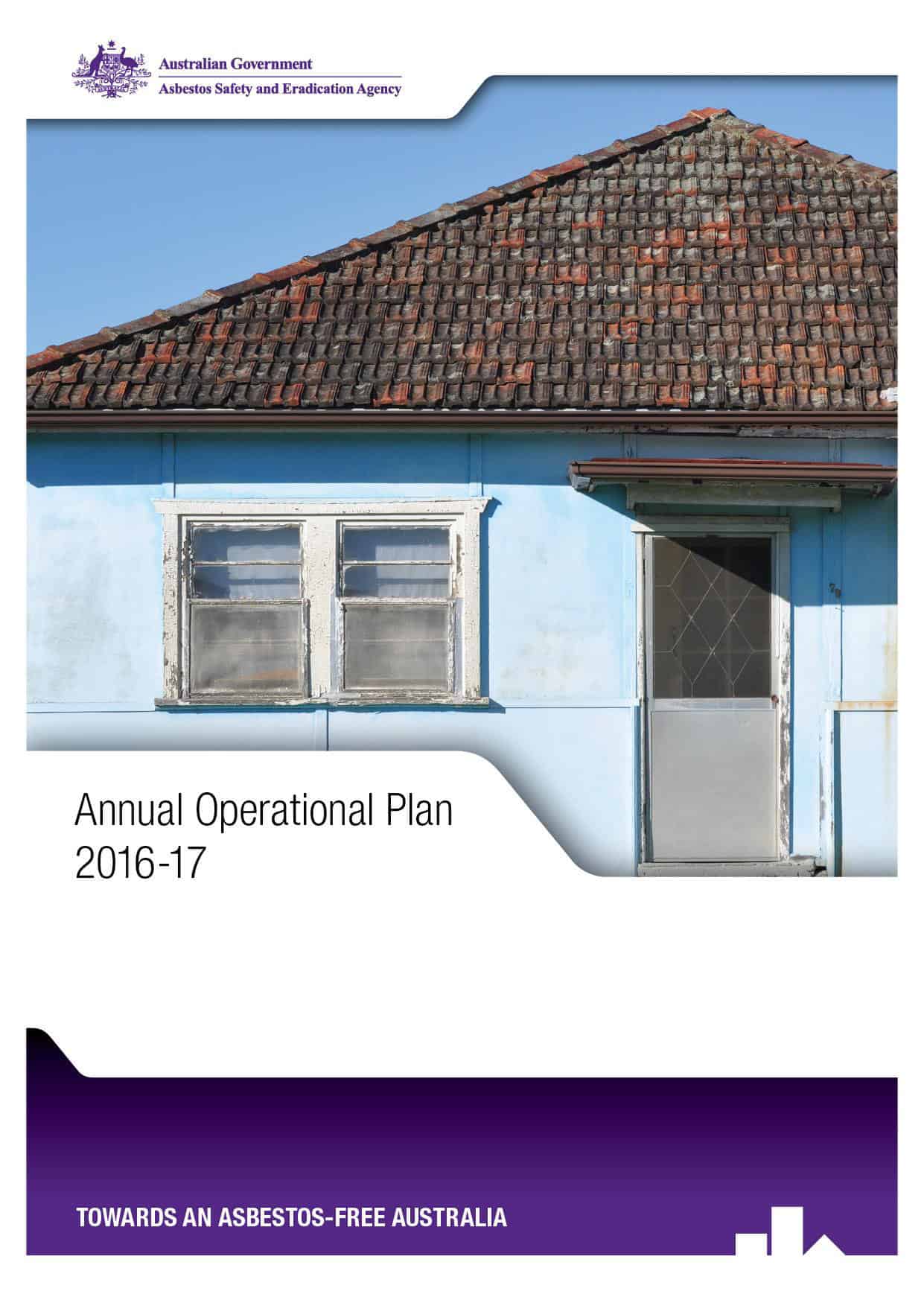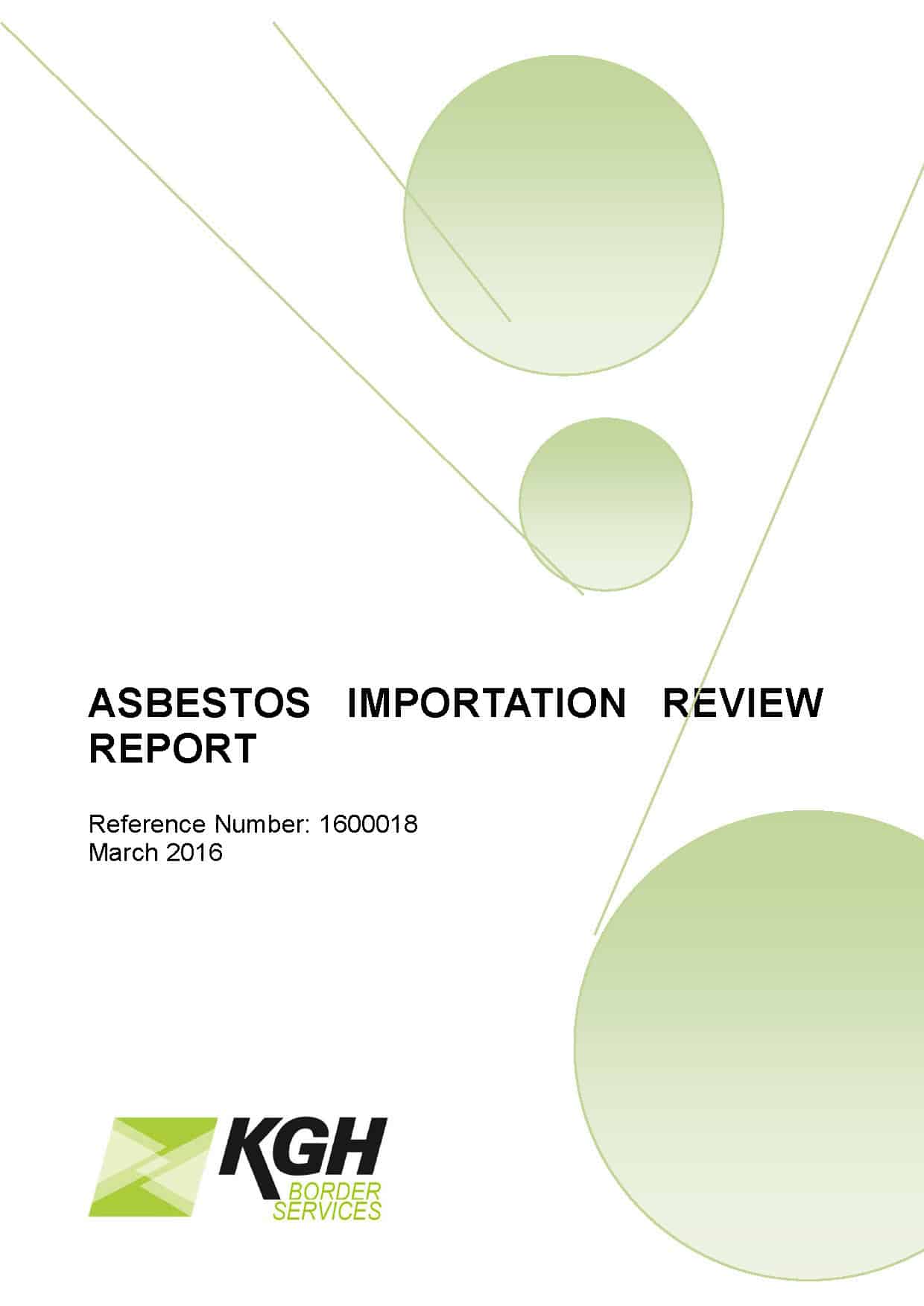 The Herald-Sun newspaper has released the final report into the mental health and suicide rate of Victorian metropolitan firefighters.
The Herald-Sun newspaper has released the final report into the mental health and suicide rate of Victorian metropolitan firefighters.
The report, authored by Dr Peter Cotton, found that the issues uncovered in the review of firefighters in the Metropolitan Fire Brigade (MFB) are not dissimilar from the findings of other inquiries into emergency service organisations like the police or the ambulance service.


